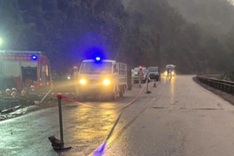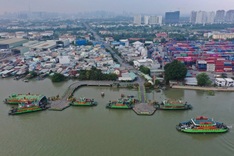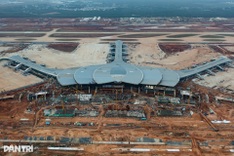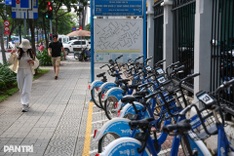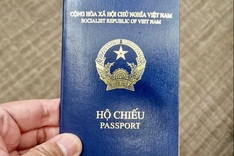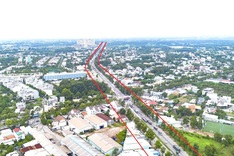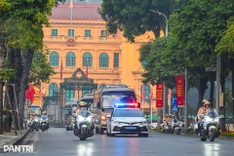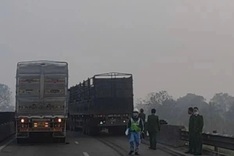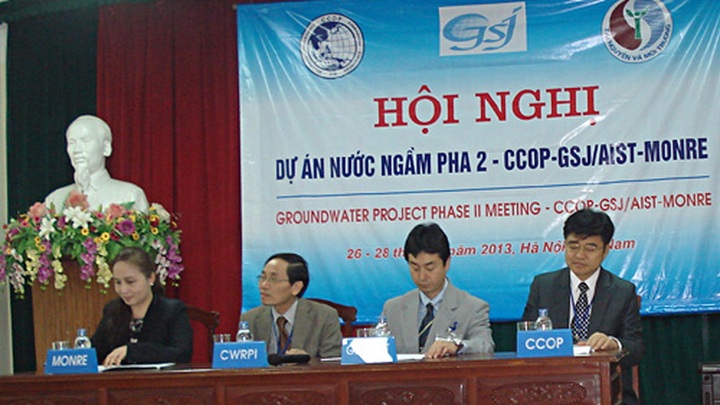
He called on countries to take immediate action to preserve water resources for future use.
Other speakers from the Southeast Asian region presented underground water-related issues which are of great significance for Vietnam.
They made an in-depth analysis of recent land subsidence cases in Cambodia and China or salt infiltration in Indonesia, which were all similar to those recorded in Vietnam.
They worked out solutions to these phenomena to effectively manage and use underground water resources.
Delegates examined the implementation of an internationally funded underground water management project’s second phase, undertaken by the Vietnam Ministry of Natural Resources and Environment and the Coastal and Offshore Geoscience Programmes in East and Southeast Asia (CCOP) Council.
Its second phase was carried out from February 2010 to March 2013 with the participation of 11 countries including Japan, China, the Republic of Korea, Thailand, Cambodia, Indonesia, Malaysia, the Philippines, Papua New Guinea, Timor-Leste, and Vietnam.
It aimed to expand Vietnam’s resource management capacity as well as to promote cooperation, information sharing, and technology transfer in the region.
The first phase of the project, implemented from February 2005 to March 2009 and involving nine countries, focused on evaluating underground water resources using geo-monitoring systems.


